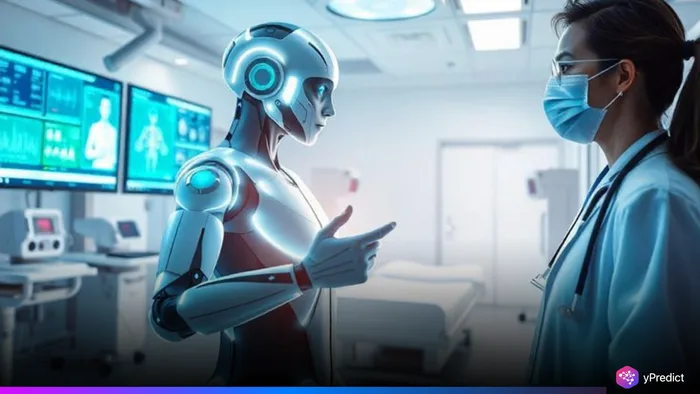
AI and automation are transforming healthcare supply chains, with Kiran Veernapu leading the charge through innovative, AI-powered solutions. By integrating AI into procure-to-pay systems, Veernapu has helped hospitals eliminate late payment penalties, enhance vendor selection, and automate contract analysis—ultimately saving over $10 million by cutting down process inefficiencies and boosting overall operational effectiveness.
Smarter Supplier Selection with AI
Kiran Veernapu highlights how AI is transforming supplier contract management, calling it a game-changer for procurement. His AI algorithms evaluate suppliers using key metrics like product quality, delivery track record, pricing history, and contractual reliability. This intelligent, data-backed approach has already resulted in $5 million in savings through smarter supplier selection and optimization.
Reducing Waste, Ensuring Availability
In healthcare, poor inventory management can have critical consequences. To address this, Kiran Veernapu developed an AI-driven system that uses smart reorder points, real-time tracking, and dynamic storage optimization.
This ensures essential supplies are always available without overstocking or waste eliminating expired items and improving both efficiency and patient safety.
AI-Powered Equipment Maintenance
Kiran Veernapu has expanded AI’s utility into medical equipment management by introducing predictive scheduling systems. These tools have helped prevent unexpected equipment failures, extend the lifespan of critical devices, and save $2 million in maintenance costs.
By intelligently matching the right engineers to the right tasks, his AI systems also improve service efficiency and reduce downtime across healthcare facilities.
Conclusion
Kiran Veernapu envisions a future where AI plays a central role in creating resilient and proactive healthcare supply chains, capable of anticipating disruptions, automating critical responses, and ensuring uninterrupted patient care.
Drawing lessons from the vulnerabilities exposed during the COVID-19 pandemic, his work highlights how intelligent systems can blend efficiency with empathy transforming healthcare logistics into a force for better, more reliable patient outcomes.






